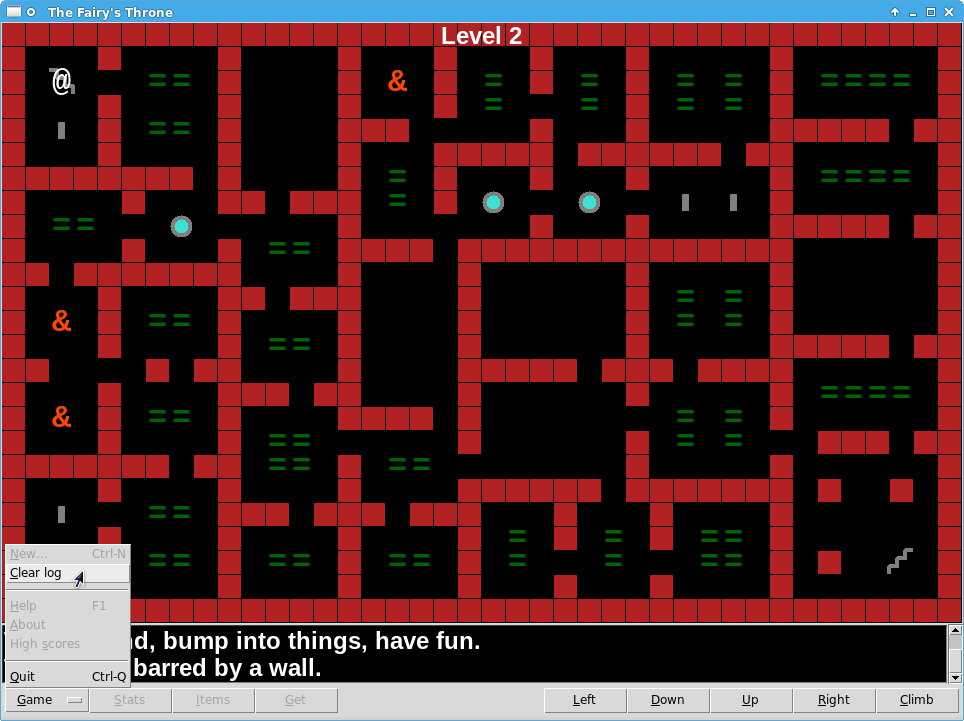Weekly Links #202
It's happened again. Either I spent too much time working on my new game, or else not much happened this week in the world of alternative gaming. I say "alternative" rather than "indie" because the latter word has shifted meanings in recent years. It used to mean "without a publisher", whether in reference to developers or the games they produced; but nowadays it's more like, "the same 6- or 7-figure-budget games made by already famous developers, only now they go straight to Kickstarter".
Which is, of course, perfectly fine. But it doesn't apply to me.
The right term came to me a while ago in the context of book publishing, but it applies to games just as well. I'm a punk game developer, and if that sounds strange, think about it:
- I make everything myself, on a shoestring, and use found objects (read: assets) for what exceeds my skills.
- I embrace the small flaws, both for lack of resources to polish endlessly, and because flaws make creation more authentic.
- I only work on things that mean something to me, and think about selling afterwards — just enough to fuel more and better creative work.
It seems to fit pretty damn well. If you also feel that indie as a descriptor is too broad nowadays, maybe look farther afield.
In the way of news, for one thing, I have a screenshot from the new game I'm working on:

Can’t believe how far I got in just one week of relatively light coding. Not from scratch, of course, but still. (And the next day after that I also added fog of war.) Yes, all the enabled buttons and menu options actually work. You’ll be able to play the game with a touchscreen.
Moving on. This week, Konstantinos Dimopoulos writes about how to get started mapping out a fictional city. While he does offer three common templates to pick from, even more valuable is the reminder that cities are living places with a history, that seldom end up as intended even when carefully planned. Sure enough, my best defined fictional city ended up that way because I walked through its history in my mind, from its founding to when it settled down in its long-term shape simply due to geographical constraints. Speaking of which: K.D. doesn't mention that geography matters as well. Mediterranean architecture is just one of the most striking examples, along with Venice. But hey, it's a big topic.
Last but not least: Told you it's the year of authoring tools. My friend and faithful reader fluffy points at an interview with Tom Sweeney — of Epic and ZZT fame — about the birth of the Unreal Editor, and it's a blast. Amazing how many firsts this man achieved because he mistakenly thought others were already there. (And to be honest, when your competition is John Carmack, that's a good starting assumption — usually.) Also note the humility of doing the UI front-end in Visual Basic, a lesson I first learned from Joel Spolsky. Whatever gets the job done, folks! Or the way all the concepts already existed, some of them having been there for decades before someone managed to put them into practice.
And that's just in the first half. I'll spare you a rant of my own on the state of user interface libraries (and user interfaces in general). Or scripting languages. Not to mention the trap of making easy things easier while hard things remain hard. Let's just say it's an epic interview, pun totally intended, and leave it at that.